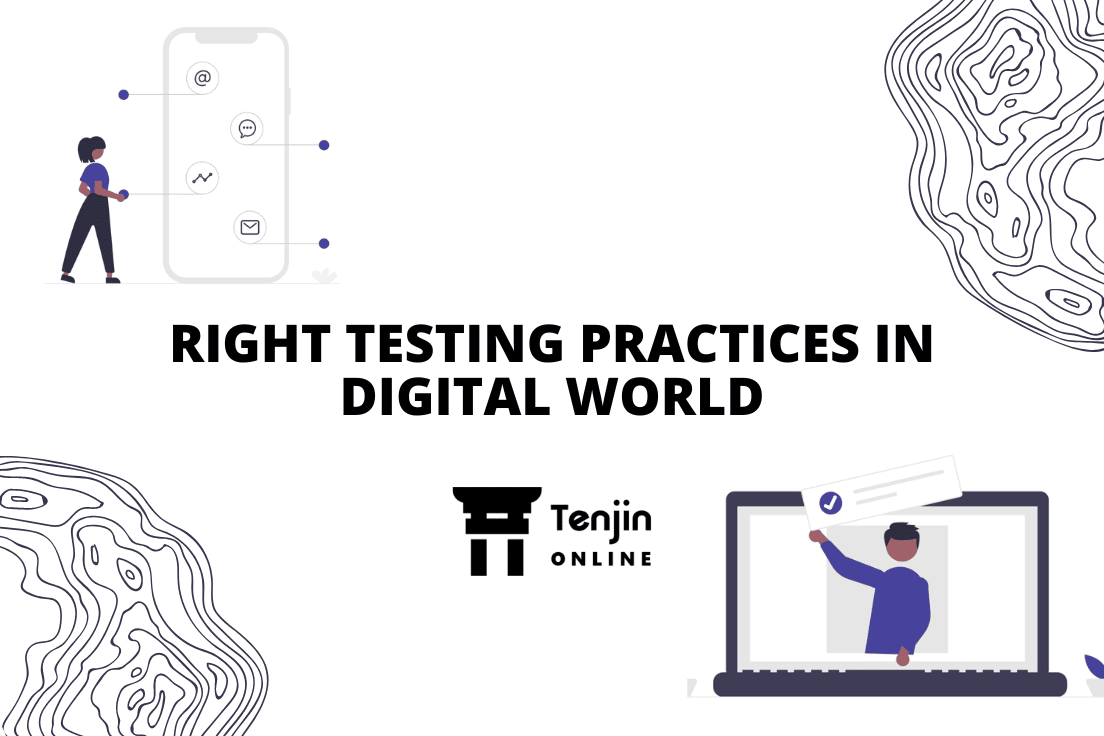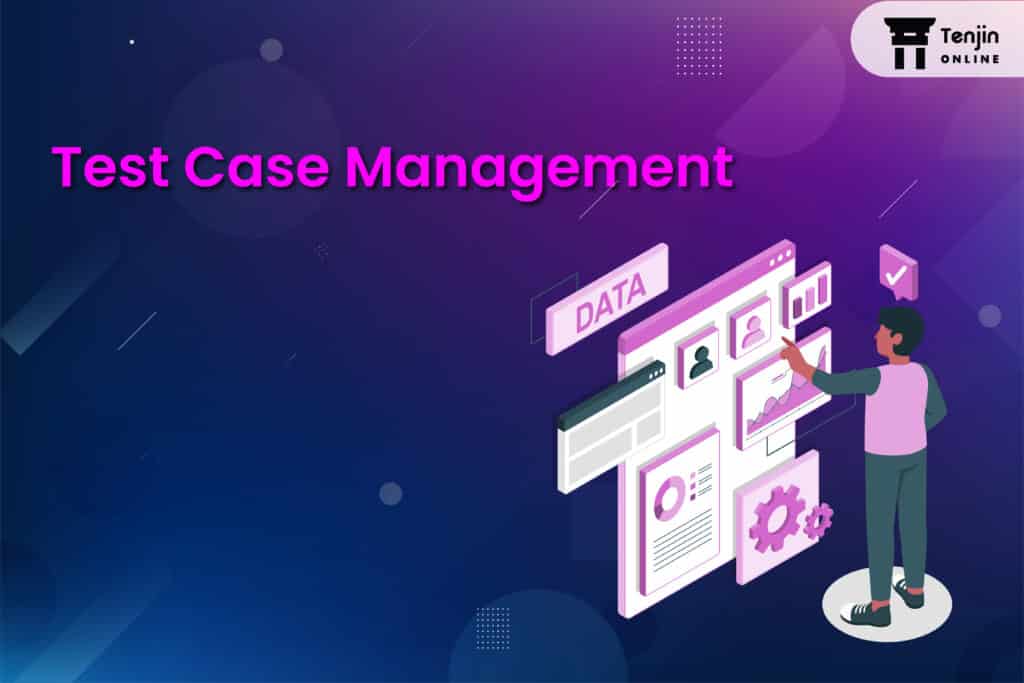
With heavy industrial jargons like industry 4.0, smart automation, intelligent solutions and other testing practices are creating a lot of buzz, organizations are adapting to these trends to stay technologically updated and yield best business outcomes. In this transformative journey, there has been a paradigm shift witnessed among organizations allowing them to embrace digitization. Digitization has given rise to complex application systems co-existing in a single business ecosystem. To ensure all the errors of the system are fixed, efficiency is improved, and the development process is quicker, testing should be implemented.
The unified approach of modern businesses demands advanced development methodologies, which can perform as expected when an advanced testing solution is incorporated. Testing is an integral part of any software development process to ensure the quality remains uncompromised. Only a quality software can keep users engaged by offering seamless user experience. Hence, testing practices are significant in the digital world. Let’s understand the role of testing in digitization and what are the right testing practices to follow for optimal results.
Role of Testing in Digitization
Companies are gearing up their digital initiatives by implementing advanced technologies, hence, there is no room for obsolete practices, which is true for testing techniques too. Organizations should adapt matured testing practices like codeless test automation, Cloud testing, AI testing, etc to stay at par with the competition and yield efficient results.
According to a recent report, about 75% of the modern organizations have adapted agile and DevOps developmental practices. To complement these new technologies and get efficient test results, codeless automation is required. The need of codeless test automation is increasing with the increasing digitization trend. It supports the complexities associated with the process and performs testing with utmost ease. It reduces the immense time, effort, and cost that goes while implementing manual testing.
As digitization is getting prominent with the new industrial 4.0 revolution, the need to implement codeless testing is also getting significant. There are multiple factors that indicates how important the role of testing in digitization is, here are some of them:
Early defect identification: Modern developmental practices like agile and DevOps do not operate in a linear, sequential pattern, whereas take an iterative approach. Here, the software is developed in smaller sprints which are tested to ensure these individual entities work as expected, and the smaller entities are integrated and tested to check if the integrated piece is free of any bug and the entire software works seamlessly. In this testing approach, the defects are identified earlier and fixed before moving to the next phase. Early defect identification is important to speed up the process, shorter release cycles, and improve test efficiency.
Risk mitigation: Businesses are prone to high-risk scenario when a well-defined testing strategy is not implemented. The modern application is interconnected, forming a complex ecosystem which can cause high risk to businesses as any error in one of the entities can affect the efficiency of the entire system. To avoid any operational risks that can cause financial and reputational loss, organizations should strategize a feasible test automation plan that will eliminate any errors and considerably reduce the risks.
Continuous testing: The trend of continuous integration (CI) and continuous delivery (CD) are becoming an integral part of the modern software development lifecycle (SDLC). To ensure high quality, while receiving critical feedback quickly and delivering software faster, continuous testing should be implemented.
How Testing Helps in Digital Transformation
Organizations are embracing the new digital transformational journey to offer better customer experience and stay ahead of the competitors. To succeed in the digital initiatives which involves huge investments, it should be assured that all the platforms are working as expected. The only way to ensure the quality is uncompromised is test the applications by manual, automated, or AI-driven means. Hence, testing helps in fast tracking the digital transformation journey of the organizations and allows them to connect with the users and create successful applications.
Codeless test automation is the most preferred testing technique as it is simple, easier, and faster compared to its manual counterpart. AI-driven testing will dominate the future, however, codeless testing still remains relevant.
Here are some of the points that highlights the enables the effectiveness of testing in an organization’s digital transformation journey:
Seamless integration: Digitalization involves integration of various technologies which must be tested for seamless operation. Testing helps organizations to find any defect that arises from integrating digital technologies and helps developers to fix the errors and create flawlessly working apps.
Great user experience: The trend of digitization started with the idea to ease and improve the user experience. Hence, organizations implement testing processes to enable flawlessly working digital applications that offer great user experience.
Scope for continuous improvement: Continuous testing is implemented across the modern agile and DevOps environment, where testing is an iterative effort and creates scope for continuous quality improvement.
Addressing security and privacy concerns: As business deal with enormous, confidential data, securing them from leaks or any other vulnerabilities is of utmost importance. Testing helps organizations to address this growing security and privacy concerns, and ensures the applications are completed secured from any kind of malicious attacks.
Conclusion
Digitization is an inevitable part of the technology trend that has revolutionized the world. However, the success of the digital applications lies not just in the kind of app developed, but also the quality of the developed app. The quality can be achieved by incorporating a well-defined testing strategy. Testing plays an important role in the whole digital trend. Tenjin Online is designed to test the complex functionality and UI of healthcare apps. It has been tested over more than 250 app categories with a good number of retail, healthcare, BFSI, entertainment and other industry apps. It is a simple, efficient, 5th generation, codeless, self-assisted test automation platform for web, Android, and iOS apps. For further quires or scheduling a demo, write to us – hello@tenjinonline.com.



Leave a Reply
You must be logged in to post a comment.